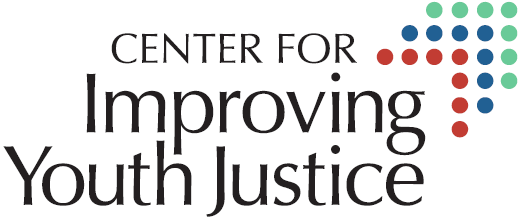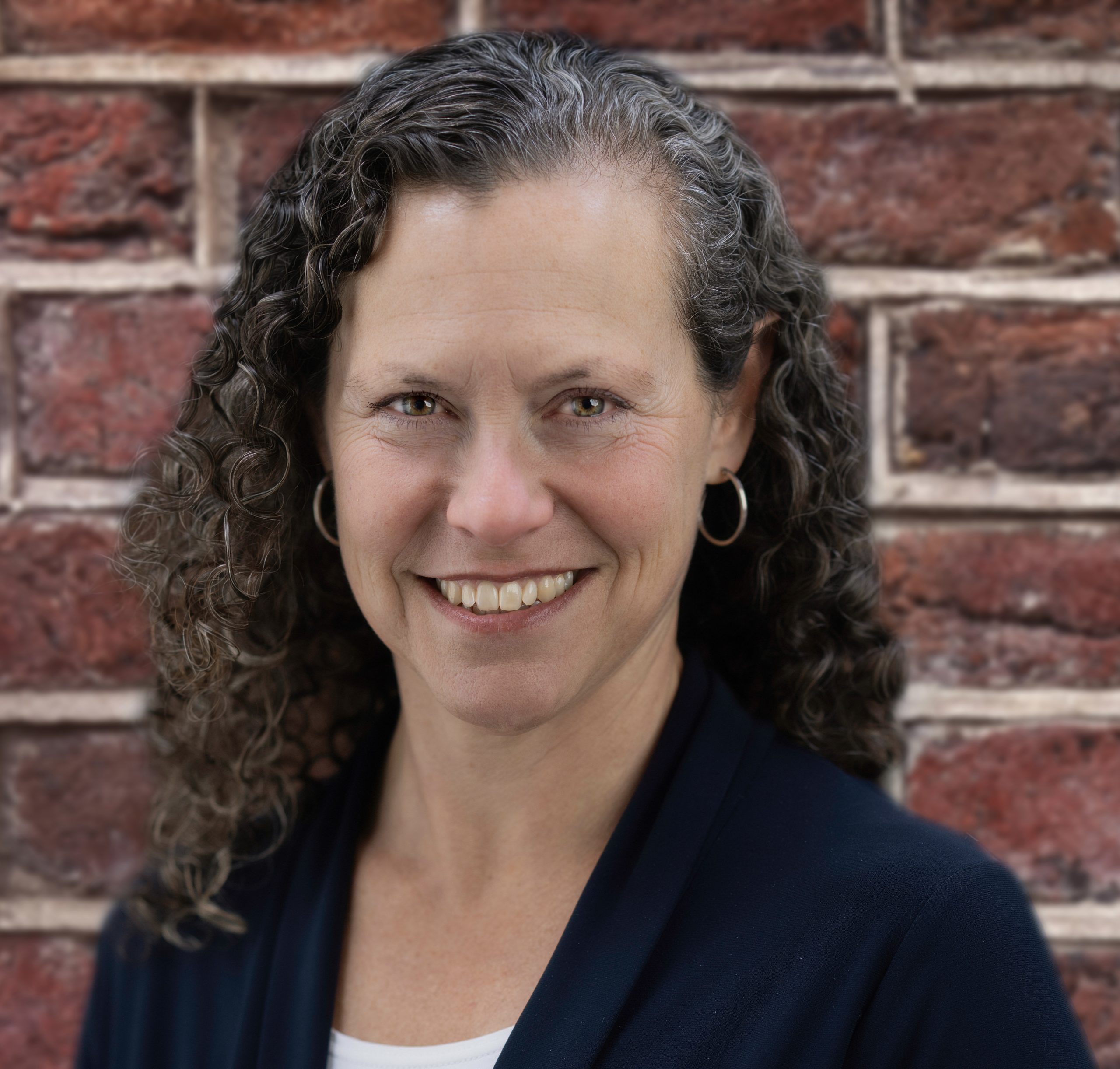As we celebrate Women’s History Month at the Center for Improving Youth Justice (CIYJ), we are honored to spotlight Dana Shoenberg, a powerhouse in the movement to ensure young people are safe and protected from harm in facilities and a key figure in juvenile justice reform for the last few decades. Dana’s career is a testament to her unwavering commitment to improving conditions of confinement, eliminating unnecessary use of solitary confinement and addressing racial and ethnic disparities within the juvenile and criminal legal systems. As a senior manager with the Pew Charitable Trust’s Public Safety Performance Project (PSPP) Dana worked to advance data-driven, research-based and fiscally-sound criminal and juvenile justice policies. Her multifaceted expertise extends to teaching criminal justice, juvenile justice, and family law in prestigious law schools such as Georgetown University, American University, and the University of Baltimore . Dana’s impact on juvenile justice extends beyond the classroom and into the courtroom. Serving as a court-appointed expert on conditions of confinement and juvenile justice practices, she has contributed significantly to legal strategies promoting reform. Her dedication to training and technical assistance is evident through her role as deputy director of the Center for Children’s Law and Policy, where she worked tirelessly to improve juvenile justice systems and advocate for federal strategies to drive positive change.
Through the questions below, discover Dana’s insights and reflections as she shares her thoughts on her time in the youth justice field and all that she’s learned.
Tell us about yourself. Where you are from, about your family, where you live.
I was born in Los Angeles, California, lived a little while in Buffalo, New York, but mainly grew up outside of Washington, DC in Silver Spring, MD. My dad’s university academic jobs brought us to the places where we lived. I have spent most of my adult life in the DC area. My mother’s work as a civil rights activist exposed me to the opportunity and call to confront injustice and inequities. She focused on fair housing and rights of people with disabilities, and made an impact on the community, as did my father, who served on our county school board.
What is your role? How long have you been in that role?
I am the Director of the National Prison Rape Elimination Act (PREA) Resource Center. The Center is based at a nonprofit organization called Impact Justice and is operated through a series of cooperative agreements with the Justice Department’s PREA Management Office within the Bureau of Justice Assistance. I have been in this role for close to two years. We assist states, localities and tribes in advancing sexual safety of people in confinement in adult and juvenile facilities. We also support the Justice Department’s role in managing audits for compliance with the PREA standards, including training and overseeing the work of auditors and operating the online system in which audits are conducted.
Why did you start working in the juvenile justice field?
I started working in the juvenile justice field because I believe in protecting the rights and opportunities of vulnerable kids. Before I went to law school, I worked with families in the child protective system, and I saw how easy it was for kids who were experiencing abuse and neglect to end up in the juvenile legal system because adults in their lives – in their families, schools, and behavioral health systems – weren’t providing what those young people needed in order to thrive. I wanted to hold people accountable – if our government sets up systems and institutions with the stated intent of helping young people, then kids shouldn’t come out of those systems worse off than when they arrived. And while there are many committed people in this field, it shouldn’t be luck of the draw whether a young person and their family wind up in a helpful experience or a harmful one. The problems of racial and ethnic disparities, overuse of incarceration, and persistence of dangerous conditions in some incarceration settings remind us that there is lots of work left to be done.
Describe a moment in your work that inspired, surprised, confronted or changed you.
I am humbled by the advocacy of young people who have been involved in the legal system and their families. The growth of organizations of people with lived experience over the last several years is changing the conversation about what is necessary and possible. I have seen young people, and their families share their experiences of abuse in a facility or the loss created for a family by an unnecessary placement, and also about effective programs that really made a difference in bringing their family back together, and I have witnessed those stories having profound impact on legislators and other policy makers.
What advice would you offer young women starting out their careers?
Do what you feel passionate about — that is what makes the hours and days of hard work go quickly. And if your passion aligns with working in service of others, that much better.
Who inspires you? Why?
In the course of my career as a litigator, law professor, technical assistance provider, policy advocate, and now as head of the PREA Resource Center, I have had the good fortune to work with some amazing leaders. I have been inspired when I have had a chance to work with leaders of juvenile justice agencies who have taken on the challenge of reform and made real change that impacts the young people in their care. These changes include working with their legislatures to reduce incarceration, making sure that when kids are removed from home, they don’t stay away from their homes in facilities longer than necessary, and advocating for the funding, staffing, and safe facilities they need to create environments that help kids develop the skills and insights they need to be successful. They also include establishing probation programs that help kids connect with their communities for long-lasting supports. These leaders built the relationships, gathered the data and research, brought in consultants when they needed them, and then championed reform backed by informed expertise. And later they were willing to share their experience with others who wanted to make similar changes, which expanded the impact of their courage and commitment. What really inspires me about these leaders is that they didn’t shy away from what was hard, they put their shoulders into what they believed in, they made a difference, and they gave to others by sharing their stories and experience
What do you think is the most pressing issue facing women working in the youth justice field?
Whether working as a line staff person in a facility or a probation office, or as the head of a facility or agency, or as an advocate for changes in a system, the inability of agencies to attract qualified needed staff to hire is a big challenge that impacts many aspects of the work. If you can’t hire needed staff, those who are there work longer hours and are more stressed. People want to get home to their families and lives. It’s harder to advance important programs like sexual safety if staff are changing roles frequently. And it’s hard to get traction on needed change and improvements when people are just trying to get the essentials done. An expert I worked with many years ago said that people stay in jobs when you build a nest they want to be in. This means investing in work cultures that are supportive for kids and staff, and transparent and welcoming to families and communities, even when there are other demands. That challenge is likely to remain for the foreseeable future, but making the effort to make change where possible can help.
This Women’s History Month, we celebrate Dana Shoenberg’s extraordinary contributions to juvenile justice reform . She is an inspiration for all of us advocating for positive change and a more just and equitable future for our young people.

